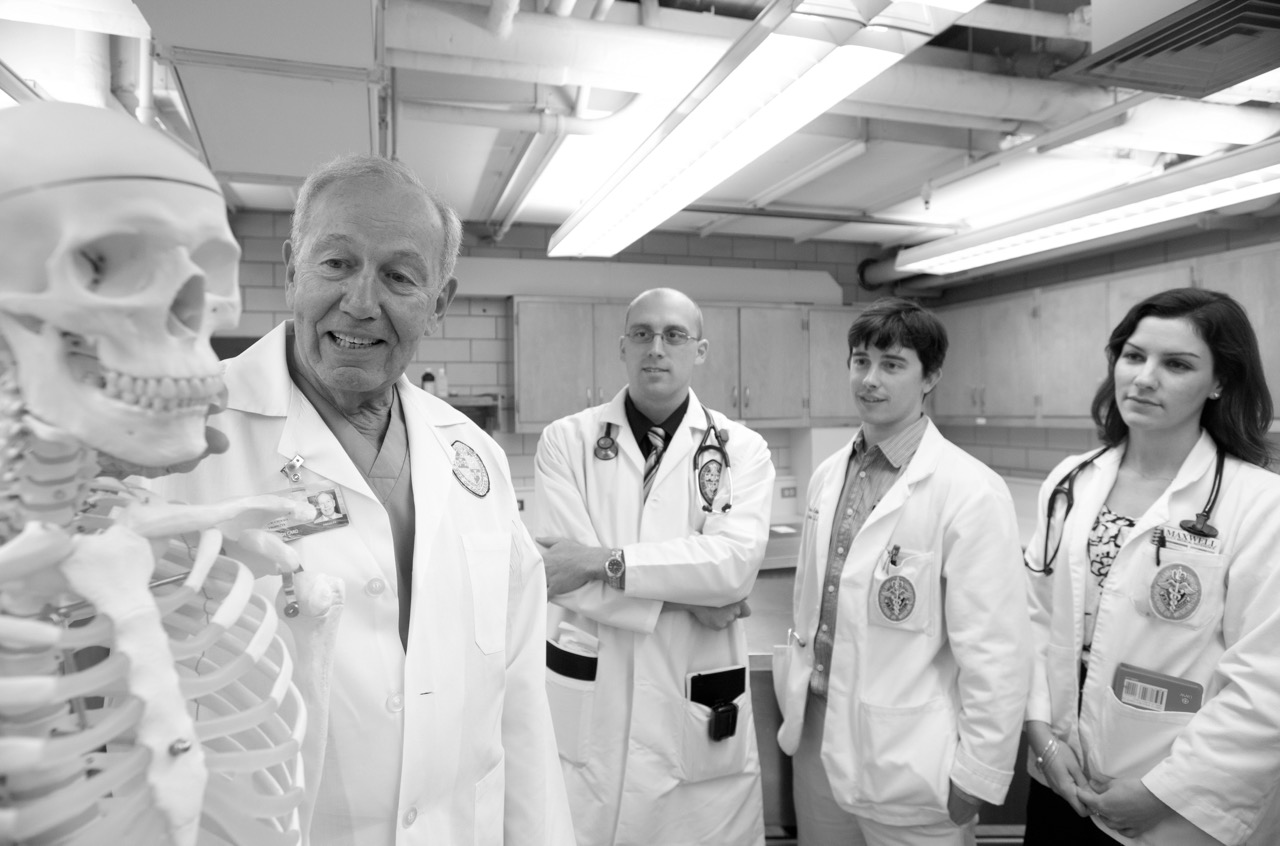Pre-Health Students Majors
St. Lawrence University students pursuing healthcare professions such as medicine, dentistry and veterinary medicine tend to select majors in biology, biomedical sciences or neuroscience over physical science or non-science majors. Even though health professional schools require students to complete pre-requisite courses in biology, chemistry and physics, students are free to select any major they want.
One pre-health student who is majoring in biomedical sciences stated that the main reason why she chose her major was because many of the pre-requisite courses that she needs to complete overlap with her major requirements. She considered majoring in pre-health chemistry, a new major offered by the Chemistry Department for pre-health students, but she realized that she was more interested in biology. “I’m more interested in those classes at the end of the day,” she said.
However, she does recognize that students do not have to major in a biology-related field to enter a healthcare profession. She believes that if someone has a passion for a particular major, they should pursue it as long as they can take the pre-requisite classes. “I think that going for that is super important because, at the end of the day, what if med school doesn’t work out and you love that path ?” she said. If pre-health students select a major that they are passionate about, then they may have a backup option if their plan to attend a health professional school does not work out.
“It doesn’t matter at the end of the day what major you have,” said the pre-health student. This student has researched the factors that determine admission to health professional schools, and she found that GPA and admissions test scores are determining factors for admission, but undergraduate major is not. Therefore, students can complete any major as long as they maintain a high GPA and perform well on the admissions exam.
However, Karin Heckman, an associate professor in the Biology Department and a pre-health advisor, explained that biology-related majors could have an advantage because the upper-level biology courses may help them prepare for their admissions test. Although admissions exams such as the Medical College Admission Test evaluate students on many subjects, including chemistry, physics and biochemistry, a large portion of these exams contain biology content. Heckman also said that the courses required for biological science majors tend to overlap with the pre-requisites better than other majors. “The courses for a biology or biomedical sciences or neuroscience major fit a little bit more closely with the pre-requisites for medical school,” she said.
However, some students may feel pressured to major in a biology-related subject when they do not enjoy it. “Students choose biology even though they admit they don’t like biology,” said a professor in the chemistry department. Students who do not enjoy their major may be more likely to struggle academically.
Although physical science majors like chemistry and physics have some overlap with the pre-requisites, few pre-health students decide to major in these subjects. Professor Jeffery Miller, a laboratory coordinator and astronomer in the physics department, stated that physics is useful for many medicine-related concepts, such as understanding blood flow and body movement. However, he also said that biological science majors may be more relevant for healthcare professions. “There are a lot of other things that we don’t cover that the biological sciences would take care of in terms of explaining processes of the human body,” he said.



